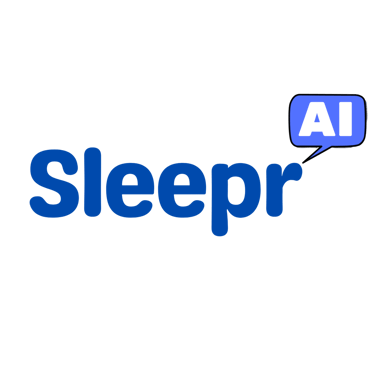AI Solutions in the Sales Process
How AI can be used in the different steps of the Sales Process
5/14/20252 min read


Here’s an expanded answer under each of the nine categories, focused on how AI can help:
1. Prospect for Customers
AI can analyze vast amounts of data from social media, websites, and public databases to identify potential customers based on behavior, interests, or demographic patterns. Machine learning models can score and rank leads based on likelihood to convert, helping sales teams focus their efforts. AI tools like predictive analytics can also identify emerging market segments or underserved niches. This reduces time spent on manual research and increases the precision of targeting.
2. Contacting Leads
AI-powered voice agents, chatbots, and email automation tools can reach out to leads at scale with personalized messages. These systems can be programmed to follow up at optimal times and adjust tone or content based on previous interactions. Natural Language Processing (NLP) allows AI to understand and respond to basic questions or objections during first contact. This ensures fast, consistent, and intelligent outreach without requiring human effort for every lead.
3. Qualifying Customers
AI can automatically assess leads through online behavior, survey responses, and CRM data to determine if they meet specific criteria. Intelligent chatbots or voice agents can ask qualifying questions and make real-time decisions about lead viability. Machine learning models can also predict customer value or churn risk early in the funnel. This helps businesses prioritize high-quality prospects and avoid wasting time on unqualified leads.
4. Pitching your Offer to Customers
AI tools can tailor sales presentations and proposals to match the customer’s specific needs and pain points by analyzing previous interactions and data. Generative AI can create customized pitch decks, emails, or scripts that address individual concerns. AI can also suggest upsells or product bundles that are most likely to appeal to each customer based on predictive analysis. This creates a more relevant and compelling pitch that resonates better with prospects.
5. Handling Customer Objections
AI can analyze recorded calls or written communications to identify common objections and suggest effective responses based on what has worked in similar situations. Real-time AI coaching tools can even assist sales reps during calls by prompting them with talking points as objections arise. Chatbots and voice assistants can handle low-level objections automatically, escalating only when necessary. This enables smoother and more effective objection handling at scale.
6. Closing the Deal
AI can identify the optimal time to send contracts or follow-ups by analyzing customer behavior and communication patterns. Automated deal-closing workflows can trigger reminders, document signing requests, and post-decision support to reduce friction. Predictive analytics can alert sales reps when a deal is at risk, allowing timely intervention. This shortens the sales cycle and improves close rates.
7. Onboarding New Customer
AI-driven onboarding tools can guide new customers through setup steps using interactive tutorials, voice agents, or chatbots. These tools personalize the onboarding experience based on user profile and learning speed, increasing adoption. AI can also identify where users are struggling and provide proactive support or route to human agents. This improves time to value and customer satisfaction early in the relationship.
8. Having Customer Success with your Service
AI monitors user behavior to detect drop-offs, issues, or opportunities for deeper engagement, enabling proactive outreach. It can suggest helpful content, features, or tips tailored to each customer’s journey. Predictive models can identify at-risk customers and recommend retention strategies. This results in higher satisfaction, better product usage, and lower churn.
9. Receiving Customer Referrals
AI can analyze NPS scores, usage patterns, and feedback to identify happy customers who are likely to refer others. Automated systems can then trigger referral requests, incentives, or testimonial collection at the right moment. AI can also personalize referral messaging for each customer and track performance of referral programs. This streamlines and scales your word-of-mouth marketing engine.
